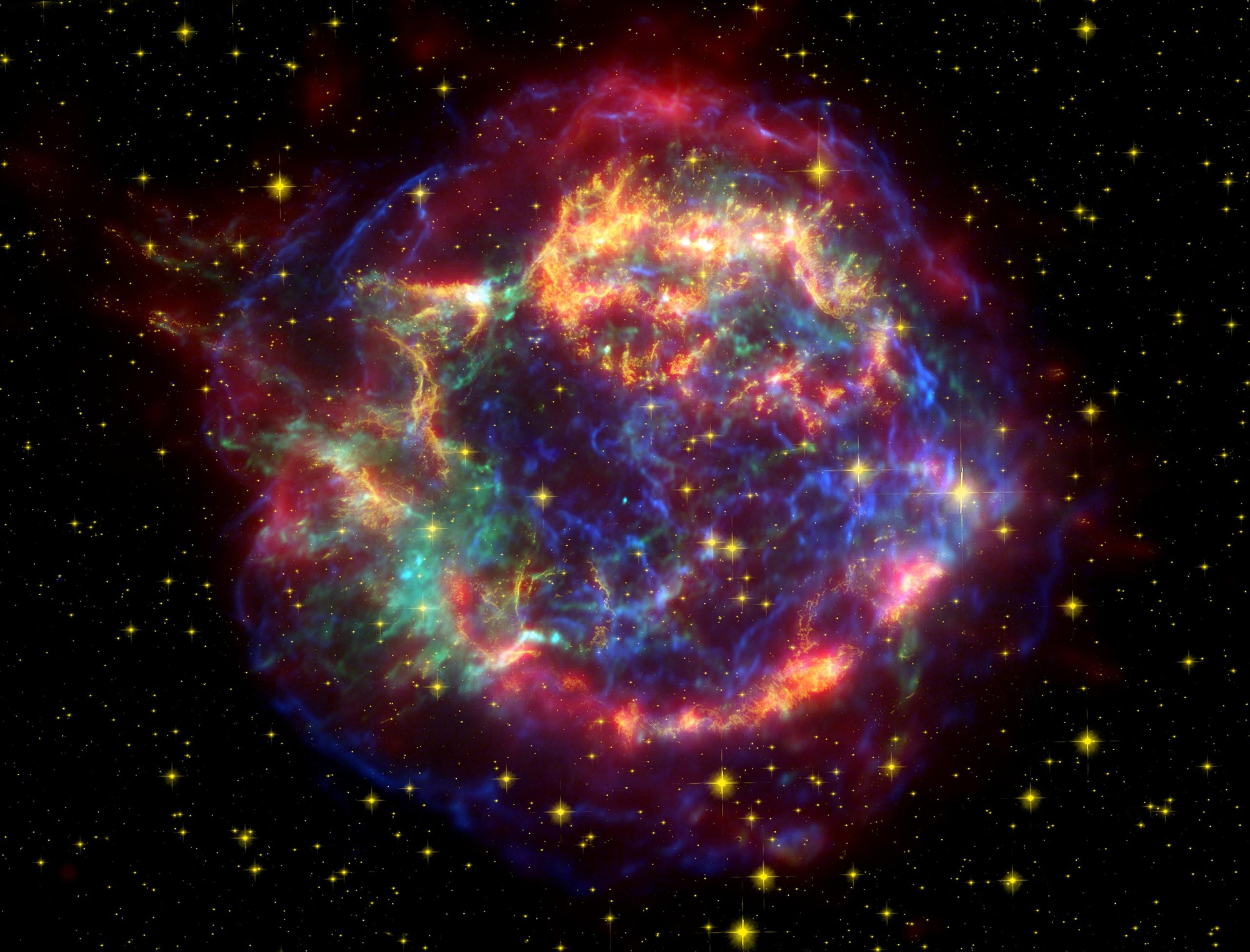Latest News
Dr Jason Anderson wins prestigious Institute of Physics Technician Award for 2023
A member of Durham Physics technical support staff has been announced as the winner of a prestigious ‘Technician Award’ for 2023 by the Institute of Physics.
Durham hosts new £10m supercomputer to investigate the Universe
We’re home to a new £10m supercomputer that will help scientists around the world investigate the mysteries of the Universe.
Durham hosts new £10m supercomputer to investigate the Universe
We’re home to a new £10m supercomputer that will help scientists around the world investigate the mysteries of the Universe.
Dr Phil Gregory awarded prestigious Royal Society University Research Fellowship and the Institute of Physics Bates Prize 2023
Dr Phil Gregory from the Quantum Light and Matter (QLM) research group has recently been awarded a prestigious Royal Society University Research Fellowship, and is now the recipient of the 2023 Institute of Physics Bates prize for outstanding research by an early career researcher.
New simulations shed light on origins of Saturn’s rings and icy Moons
A new series of supercomputer simulations has offered an answer to the mystery of the origins of Saturn’s rings - one that involves a massive collision in the recent history of the 4.5 billion year old Solar System.
Professor Carlos Frenk elected to Royal Society Council
Congratulations to Professor Carlos Frenk who has been elected to the Council of the Royal Society.
Condensed Matter Physics Research Section came together for an Away Day
The whole Condensed Matter Physics research section (CMP) in Physics at Durham came together for an Away Day at Ushaw House for training and development activities to strengthen our research capabilities and support career progression.
Building Europe’s largest solar telescope
We’re part of a project to build Europe’s largest solar telescope.
New supercomputer simulation to test model behind Universe’s formation
We’re part of an international team of astrophysicists who’ve simulated galaxy formation and large-scale cosmic structure with unprecedented detail to investigate how the Universe formed.
Using gravitational waves to hunt for dark matter
We’re part of an international team of cosmologists who’ve discovered that observations of gravitational waves might reveal the true nature of dark matter.
Celebrating the next generation of North East Physicists
Physics students’ success from across the region has been celebrated at the recent School Physicist of the Year (SPotY) awards.
Using gravitational waves to hunt for dark matter
We’re part of an international team of cosmologists who’ve discovered that observations of gravitational waves might reveal the true nature of dark matter.


/prod01/prodbucket01/media/durham-university/departments-/physics/teaching-labs/VT2A9034-1998X733.jpeg)

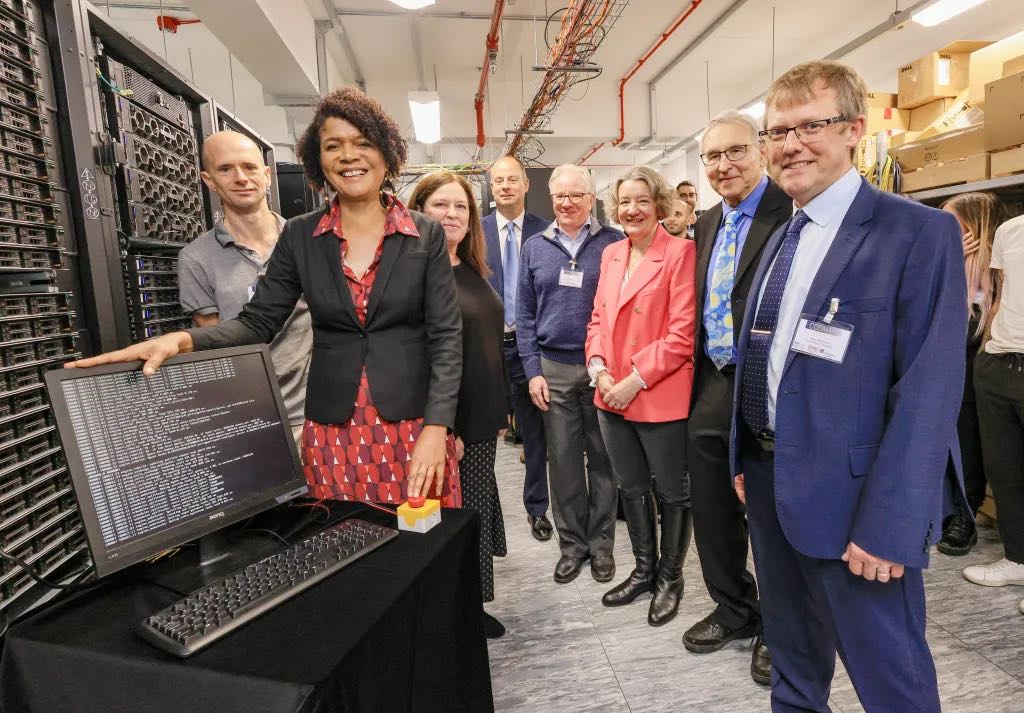
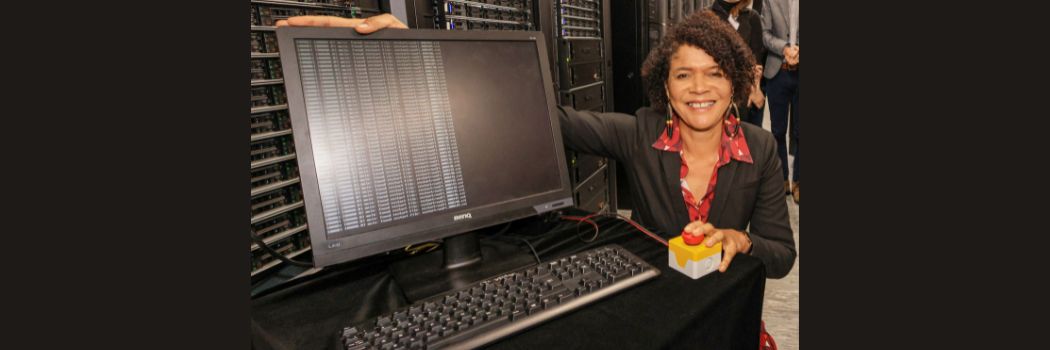
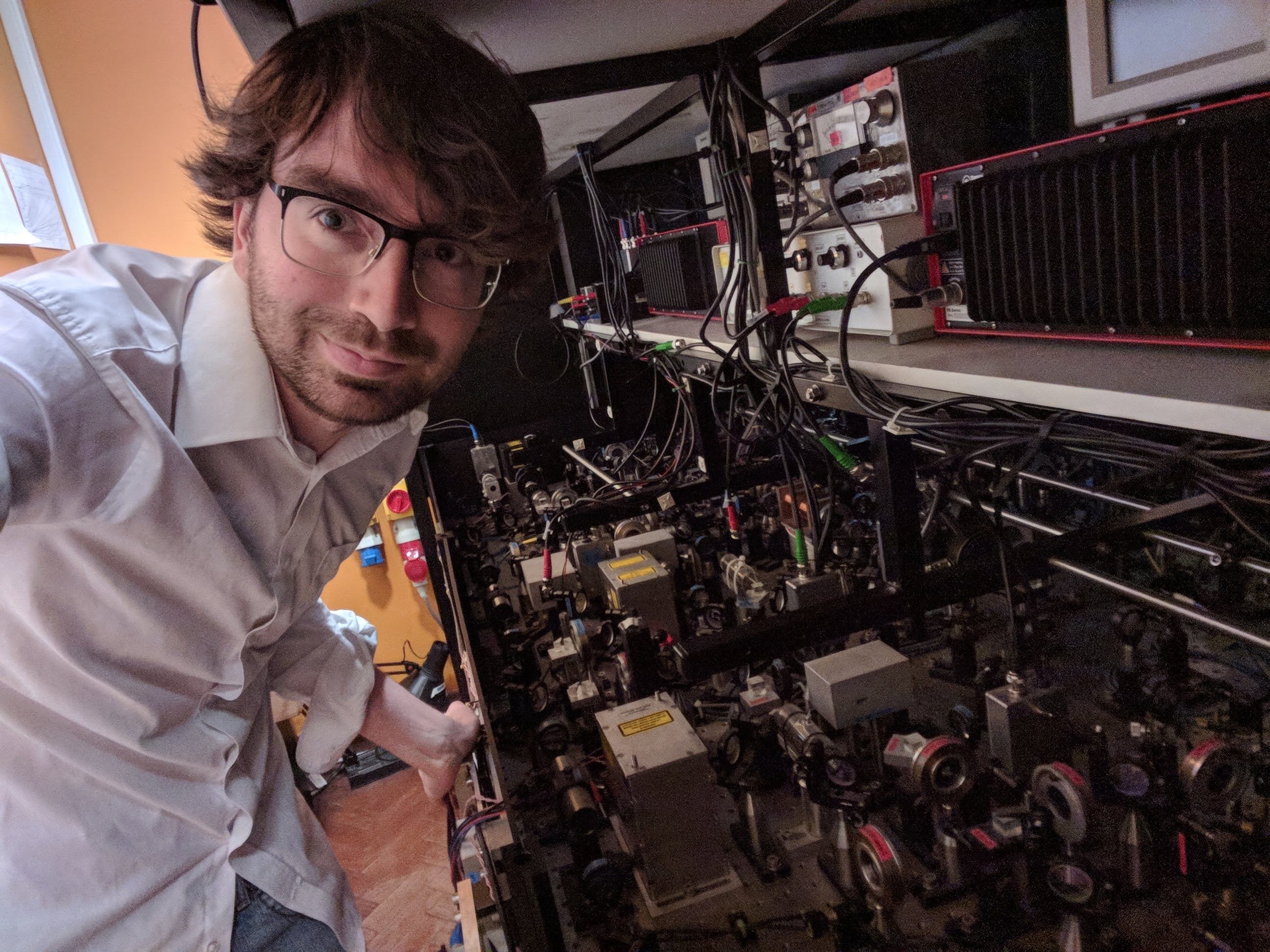
.png)

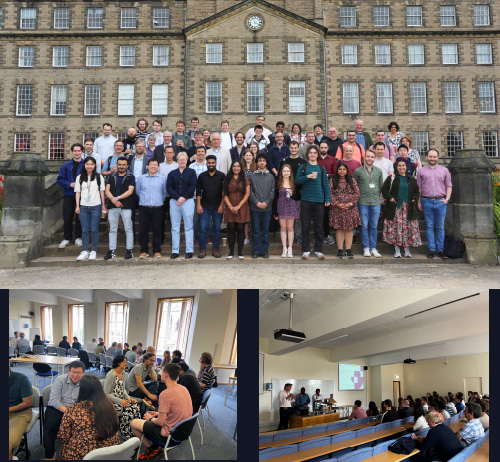
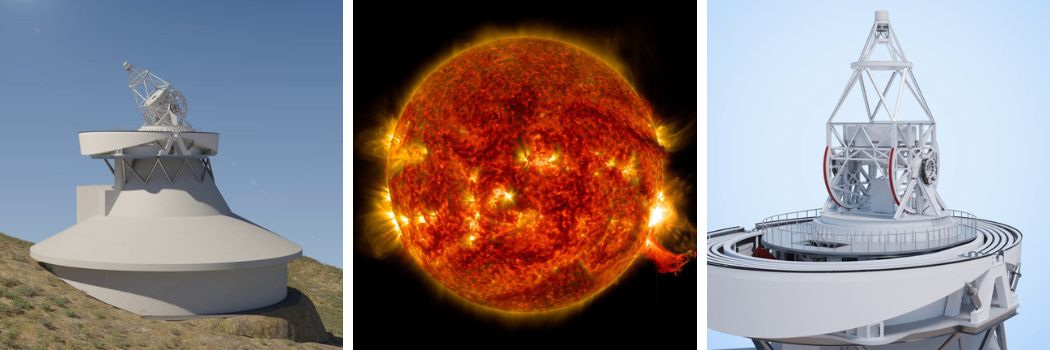
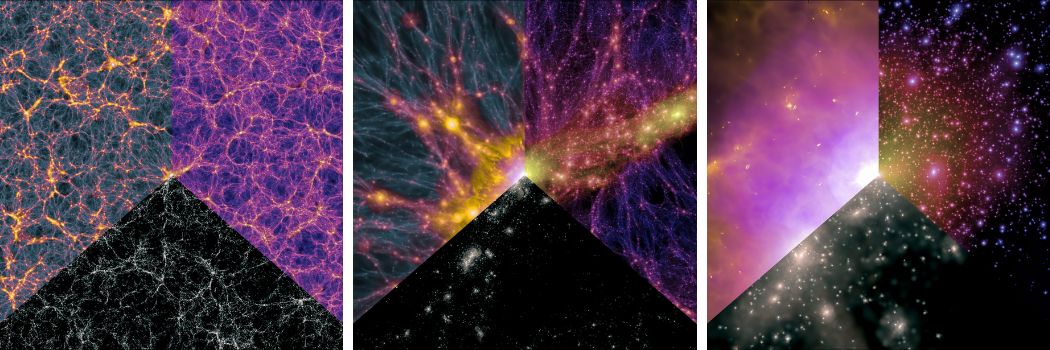

-(1).png)
